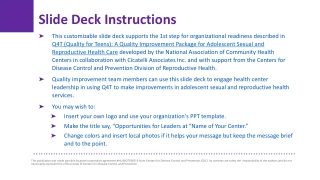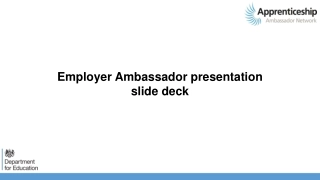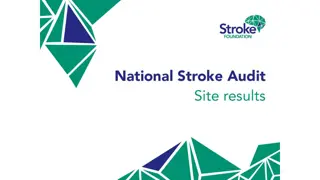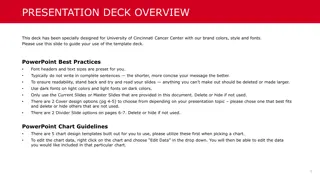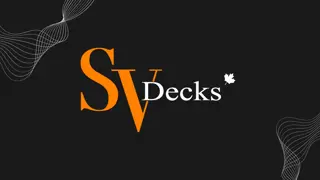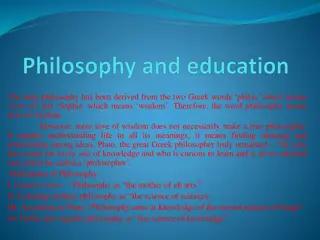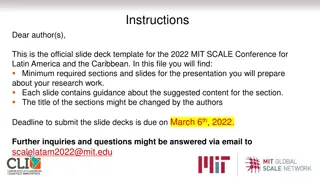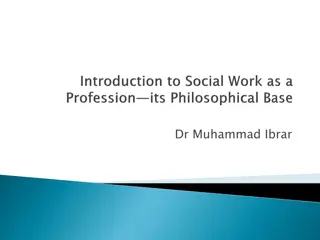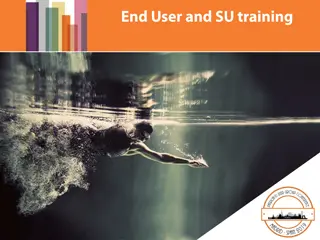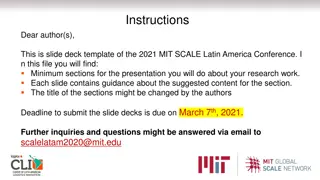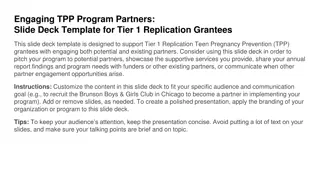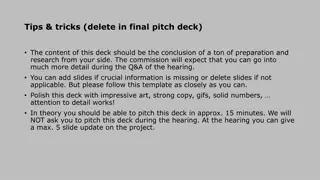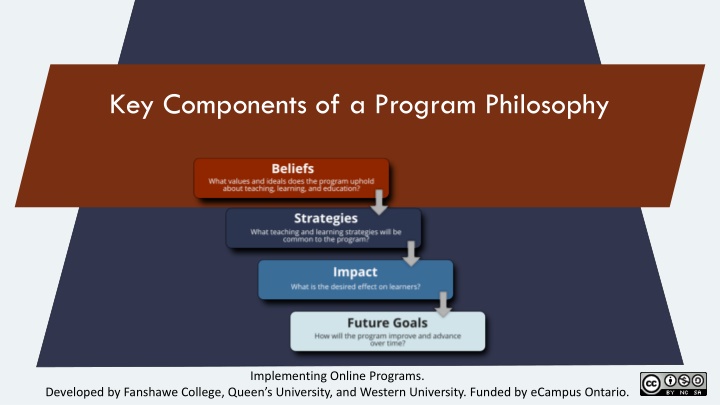
Implementing Online Program Philosophies and Strategies for Success
Explore the key components of a program philosophy for online programs developed by Fanshawe College, Queen's University, and Western University, funded by eCampus Ontario. Delve into beliefs, teaching strategies, impact assessment, and future goals to enhance teaching and learning in the digital realm.
Download Presentation

Please find below an Image/Link to download the presentation.
The content on the website is provided AS IS for your information and personal use only. It may not be sold, licensed, or shared on other websites without obtaining consent from the author. If you encounter any issues during the download, it is possible that the publisher has removed the file from their server.
You are allowed to download the files provided on this website for personal or commercial use, subject to the condition that they are used lawfully. All files are the property of their respective owners.
The content on the website is provided AS IS for your information and personal use only. It may not be sold, licensed, or shared on other websites without obtaining consent from the author.
E N D
Presentation Transcript
Key Components of a Program Philosophy Implementing Online Programs. Developed by Fanshawe College, Queen s University, and Western University. Funded by eCampus Ontario.
Beliefs What are our beliefs about teaching and learning in this program? Why do we hold these beliefs? What values do we wish to impart to students? What code of ethics guides teaching in the program? Implementing Online Programs. Developed by Fanshawe College, Queen s University, and Western University. Funded by eCampus Ontario.
Strategies What does good teaching look like in this program? What kinds of student teacher relationships do we strive for in this program? What themes pervade teaching in the program? Under what opportunities and parameters will enable students to learn effectively in this program? Implementing Online Programs. Developed by Fanshawe College, Queen s University, and Western University. Funded by eCampus Ontario.
Impact How will we measure successful teaching in the program? What does successful teaching look like? What habits, attitudes, methods will mark successful teaching in the program? What are we trying to achieve with our students? Implementing Online Programs. Developed by Fanshawe College, Queen s University, and Western University. Funded by eCampus Ontario.
Future Goals What are our future goals and aspirations for the program? Where will we be in 7 years? Implementing Online Programs. Developed by Fanshawe College, Queen s University, and Western University. Funded by eCampus Ontario.
References The Key Components of a Program Philosophy and corresponding questions are adapted from: Kenny, N., Berenson, C., Jeffs, C., Nowell, L., &Grant, K. (2018) Teaching Philosophies and Teaching Dossiers Guide. Calgary, AB: Taylor Institute for Teaching and Learning. Retrieved from: http://www.ucalgary.ca/taylorinstitute/resources/ Sch nwetter, D. J., Sokal, L., Friesen, M. & Taylor, K. L. (2002). Teaching philosophies reconsidered: A conceptual model for the development and evaluation of teaching philosophy statements, International Journal for Academic Development, 7(1), 83-97 Implementing Online Programs. Developed by Fanshawe College, Queen s University, and Western University. Funded by eCampus Ontario.

